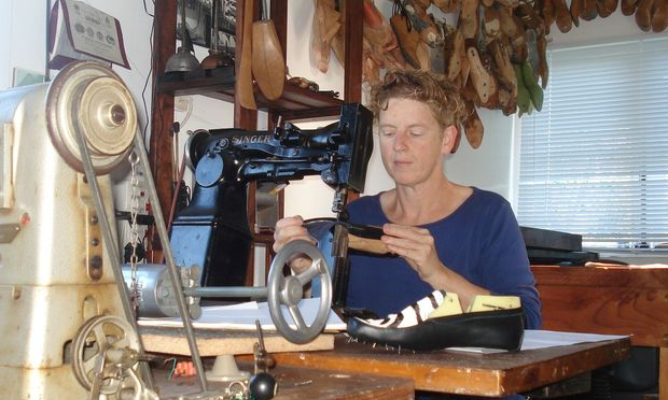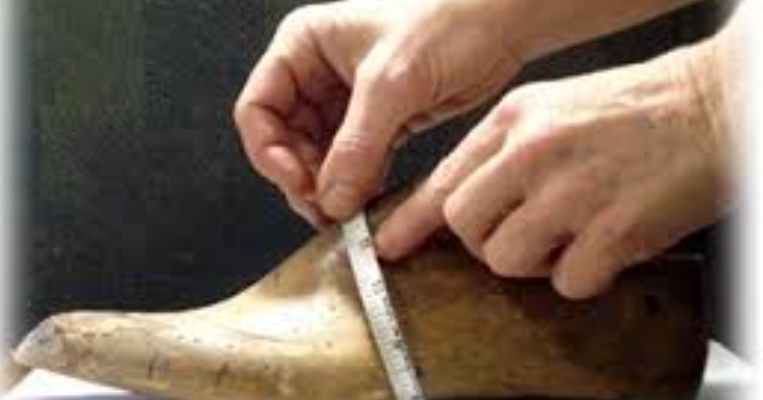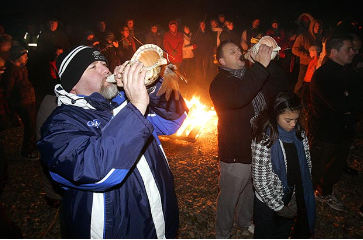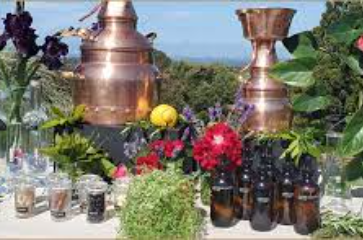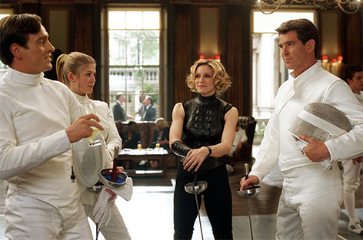Learn to design and create sustainable footwear with repairable components
Spend some time on beautiful Waiheke Island, honing your creative skills as you learn more about the art of leather craft and shoe design from a London trained bespoke shoemaker, who is a qualified teacher with years of experience using traditional equipment and methods of construction. Rest and relaxation in between classes is highly recommended. There’s a range of great outdoors activities and a wide choice of places to stay in Waiheke. Open to visitors by appointment most weekdays. Check out Sue’s website for more. Studio times 10am – 4pm, Mon- Fri.

